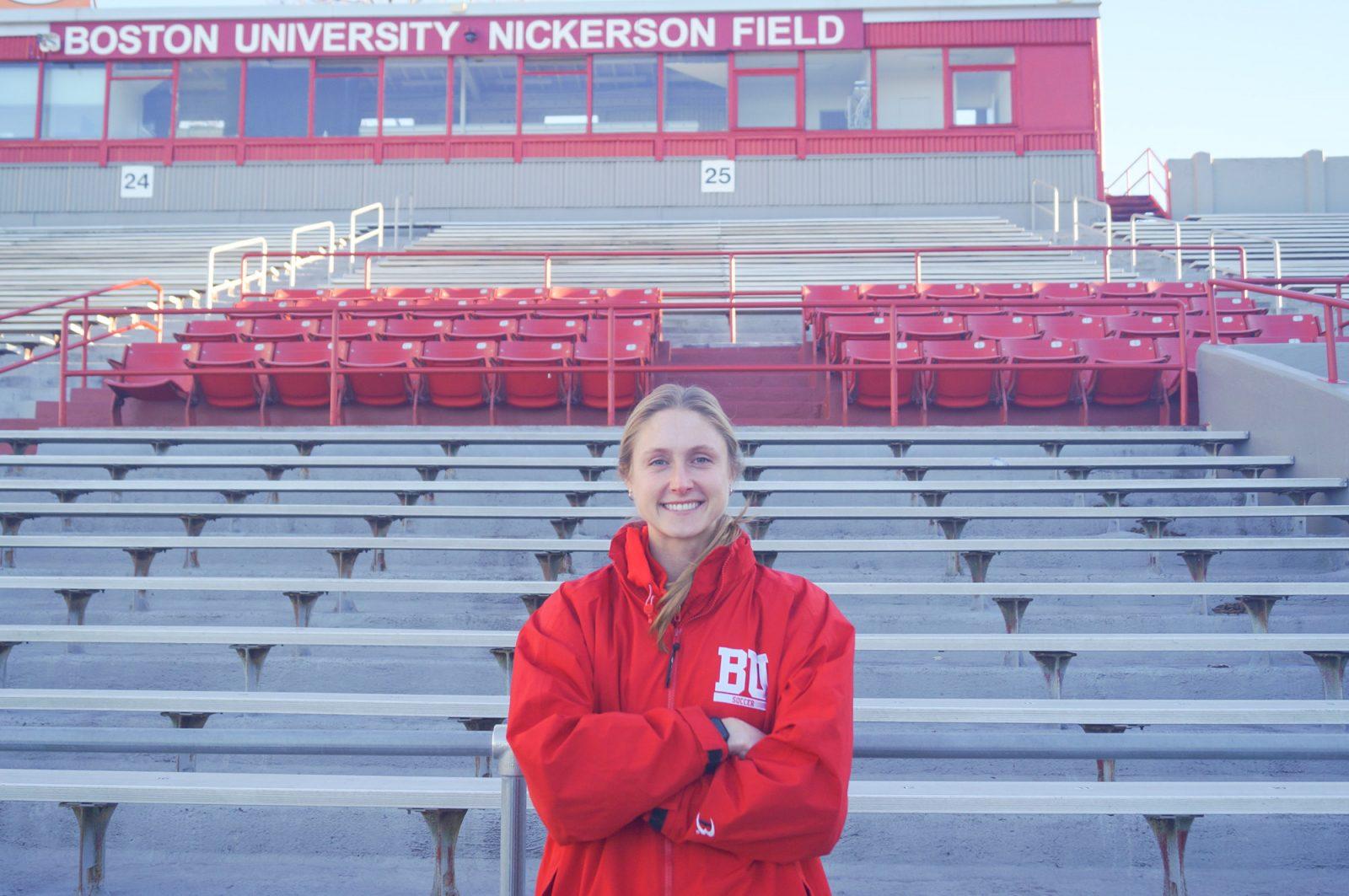Fans have been waiting for some time since the end of the Union of European Football Association Champions League’s (UCL) group stage games until now.

The last group stage match took place on Dec. 13, two months before the first knockout stage game. The buildup for the second, more exciting phase of the competition is real.
The public has had time to anticipate what’s to come as well as pick their favorites to win it all.
In the last couple of years, soccer has reached a level of popularity worldwide never achieved before.
Lionel Messi’s arrival in the United States, and Cristiano Ronaldo’s in Saudi Arabia are just two of the hundreds of players at this year’s FIFA World Cup who play professionally for clubs outside their native countries.
Of course, this can pose a challenge for individuals who believe that the nature of soccer involves feelings of nationalism and belonging.
Most of the clubs present in the UCL, no matter how powerful, started as community teams.
Basically all “European clubs” began their existence as a team run by a manufacturer or other business, or as programs part of social clubs.
Today, that is obviously not the case.
For teams made from wealthy companies, the priority becomes winning more competitive leagues and eventually reaching and winning the Champions League. Teams like Paris Saint-Germain have conquered titles at domestic levels, but their lack of success in the UCL has painted them as a failure in the eyes of the public.
FIFA calculated there are almost 4,000 professional soccer teams worldwide, and hundreds of competitions. Even with that, the competition that attracts fans the most is the Champions League. Why does the Champions League hold so much importance?
Obviously, what makes the UCL so prestigious has to do with the teams that compete in it.
The competition is only composed of the best European clubs.
Even though soccer is a sport played worldwide, and a big number of talented players have come from every corner of the world, European club soccer is the pinnacle of the sport.
There are two ways for teams to classify.
The league has a formula called the “UEFA coefficient” that ranks each domestic league in all of Europe. From there, the rankings decide which teams are allowed into the next season of the UCL.
For example, the Spanish and the English leagues receive four slots, while the French and the Portuguese league only had three. So in order for a team to even have the possibility to compete, they must be one of the best teams of their nation.
Another method of qualification involves winning the preceding season’s tournament.
The winners of last year’s Champions League and the winners of the previous season’s Europa League both secure direct qualification for the upcoming season’s competition.
The combination of all these big teams creates a recipe for greatness.
This is the primary reason why all the games are fiercely fought and why there are so many iconic moments.
The best players and the best teams in the most iconic sporting environment — this week, it’s finally back.





















































































































